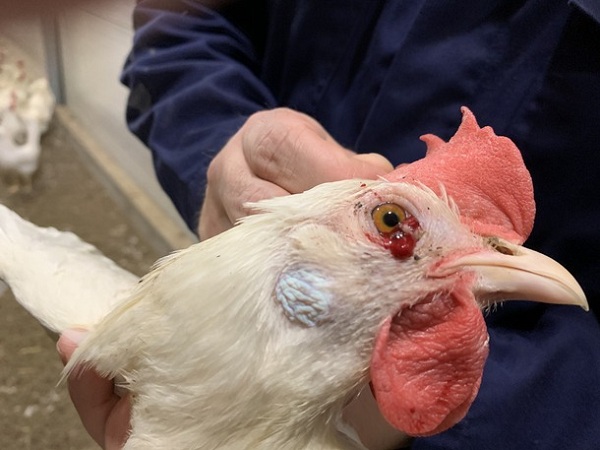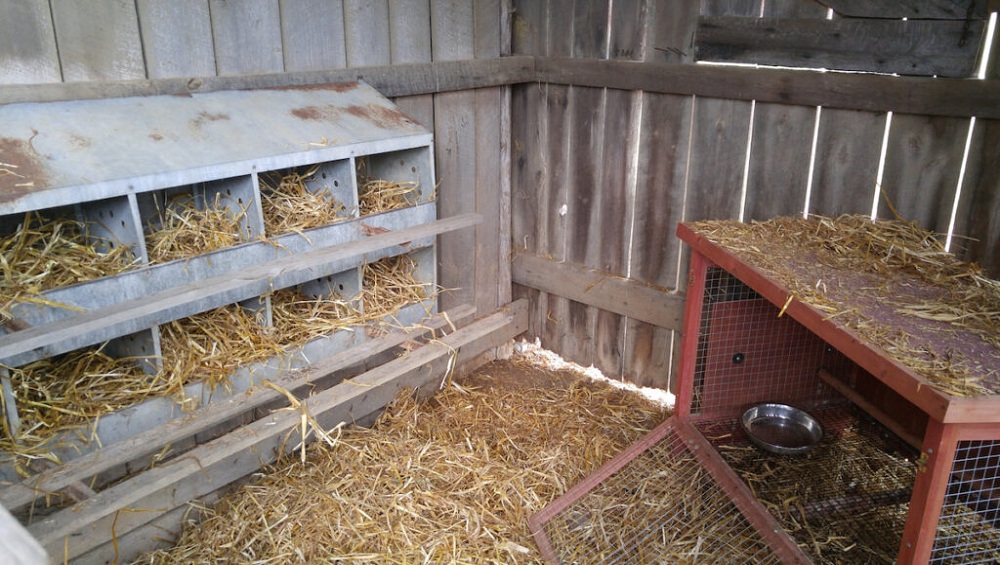Nothing is more exciting for a new chicken owner than looking into the nest box and seeing the first egg. This is why we decided to get chickens in the first place: it’s finally starting! There’s also nothing more unsettling than when they stop laying eggs all of a sudden.
People who keep chickens in their yards often worry that something bad might be wrong with them. Stopping to lay eggs can be a sign of health problems, but most of the time it’s just something less serious.
Let’s look at the most common reasons why your hens aren’t laying eggs and what you can do to help.
Monitor Egg Laying
When keeping an eye on the health of your flock, a drop in egg production is an important sign to look for. If you know how often each bird lays eggs, it’s easier to keep track of them. Stopping to lay eggs can be the first sign that something is wrong, so it’s a good idea to keep track.
Let’s dive in, shall we?
Your birds are still too young
When new chicken owners’ pullets haven’t started laying yet, they frequently worry. You’ve been waiting patiently since the girls were little fluffy balls, but that nest box is still empty.
Young hens, called pullets, start laying eggs when they are 18 to 22 weeks old, or about six months. When you get to 18 weeks, you might start to feel uneasy. Just be patient and remember that things like the breed and time of year also play a role. It will happen in the end.
What to do?
This one is one of the simplest to fix. You wait. When the pullets reach sexual maturity, you can get them to lay eggs by putting wooden or ceramic eggs in the nest box. If they are still too young, you don’t want to push them. For your hen to have a healthy reproductive system, she must reach key developmental stages. If you try to get hens to lay eggs too soon, they might get stuck with eggs.
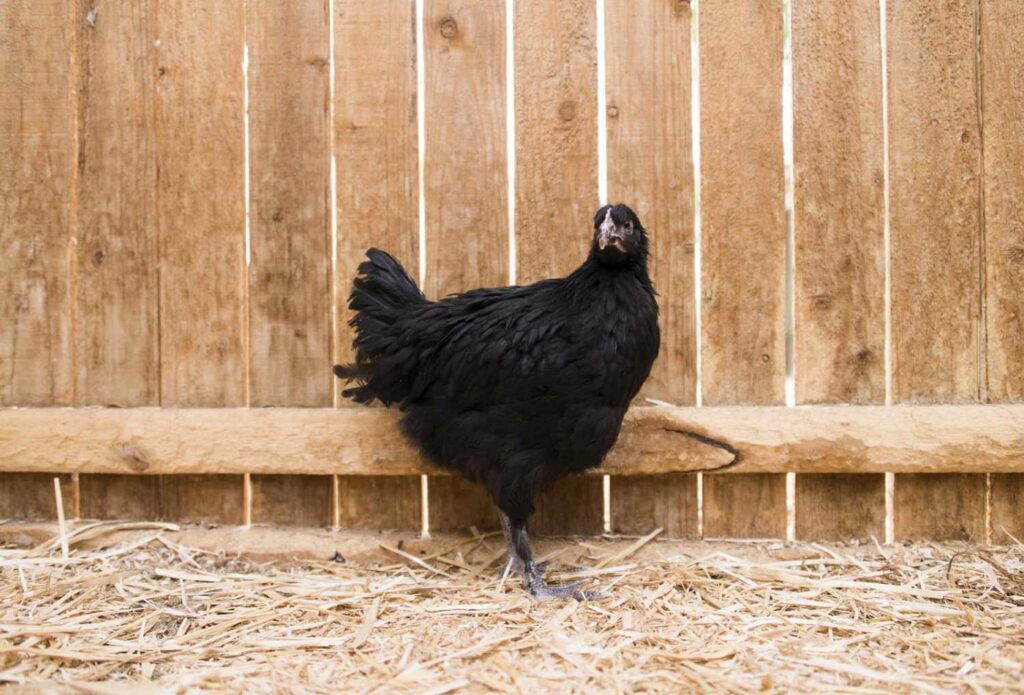
Bad or Improper nutrition
If hens don’t get good food and clean water, they stop laying eggs right away. Egg production can’t happen without a lot of clean water. You need to give your birds the right food and water. For your birds to lay an egg every 24–26 hours, they need to eat a lot of protein. You might want to start a chicken garden.
What to do?
You should give your flock clean water that you change often. Make sure they can get water both inside and outside of the coop. When your hens start to lay eggs, feed them a good layer crumble or pellets to make sure they get enough protein. Give chickens snacks that are high in protein, like black soldier fly larvae or pumpkin seeds. Don’t forget to give them something with calcium in it, like oyster shells.
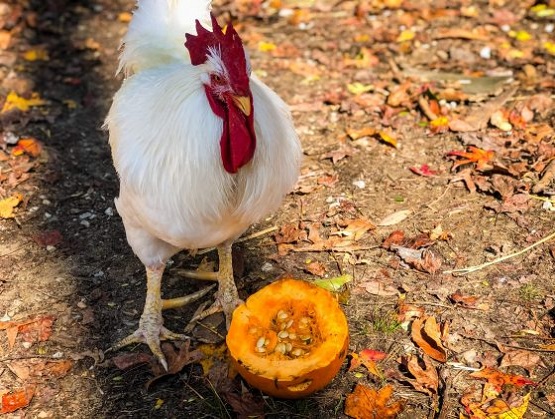
Molting
If your hen has stopped laying eggs and looks a little worse for wear, she’s probably molting. When a chicken is 18 months old, it usually goes through its first molt as an adult. When your bird loses its feathers and gets a new set, this is called a molt. During this time, when her feathers are growing back, she won’t lay eggs.
After this first molt as an adult, your chicken will molt once a year. Most of the time, chickens molt in the fall, but they can also do it in the early spring. Most of the time, it depends on when they first started laying eggs. A molt can last from 8 to 16 weeks.
What to do?
Be patient. Because they need a lot of protein to grow new feathers (this only takes a few weeks), they stop laying eggs. Feed your hen a lot of snacks that are high in protein to help her with the process. Don’t pick up and handle a bird that is molting because her pin feathers are painful (for her, not you). Keep a close eye on birds that are molting because they are more likely to get hen-pecked.
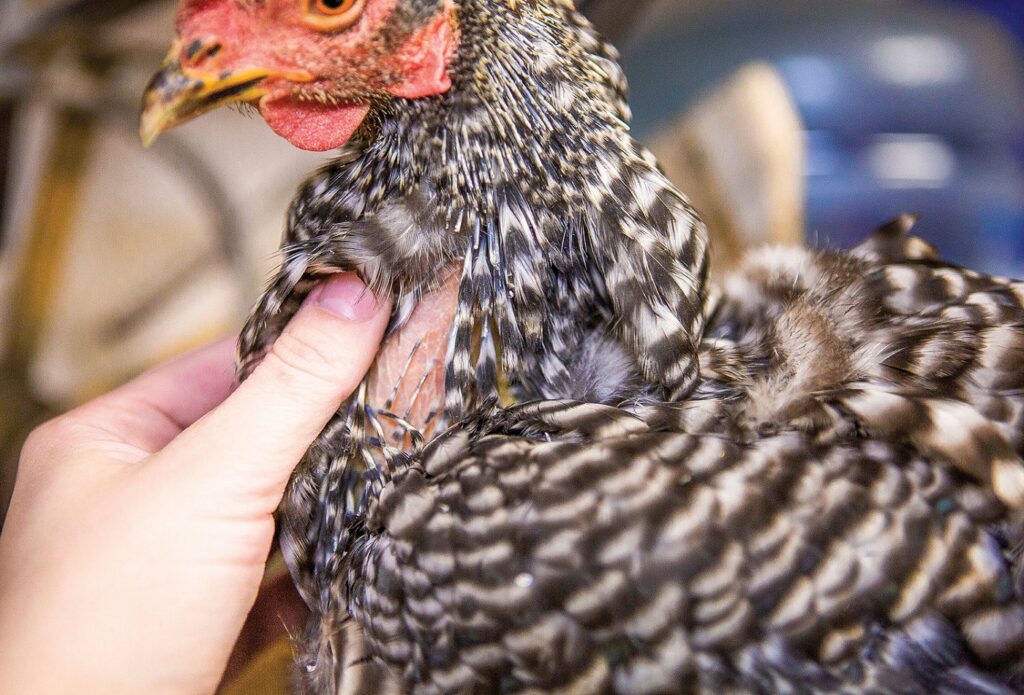
Seasonal Changes
When it comes to laying eggs, light is one of the most important things. For hens to lay eggs regularly, they need about 16 hours of light. Because of this, as the days get shorter, you get fewer eggs.
What to do?
If you want to get a lot of eggs, you can add artificial light to the natural light. When the days get shorter in winter, try putting a light with a timer inside the coop to give your hens more time in the sun. It’s important to choose a light that doesn’t get hot. Never use a heat lamp in the coop, because this is a very dangerous way to start a fire.
Many flock owners choose not to use extra artificial light in the winter, giving their birds a much-needed break. Some people even argue about whether or not a bird lays fewer eggs over its lifetime if it has to lay eggs all year round. This could be because of the stress of having to do so.
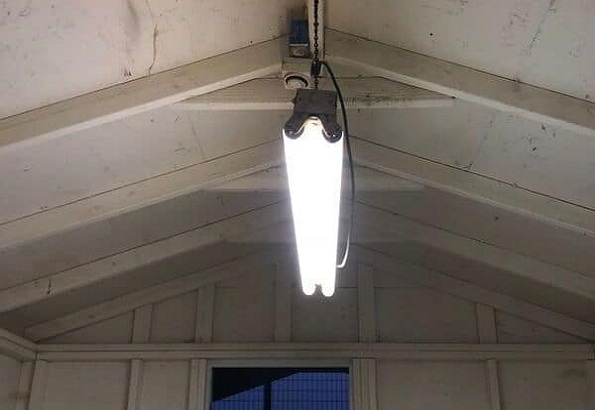
Stress
Hens are very picky, and if their environment changes, they might stop laying eggs for a while. If you’ve added new birds to your flock, moved their coop, or changed what they eat, that can be enough to stress them out and stop them from laying eggs.
Even things like bad weather can stop a hen from laying eggs at the right time. Remember this when the temperatures soar in the summer and drop sharply in the winter.
When birds feel like they are in danger from predators, they may stop laying eggs.
What to do?
Pay attention to outside things that could be making your flock upset. It’s clear that some things are hard to avoid, like adding new birds. Just remember that if you make changes, your girls will need a little extra time to get used to them before they can start laying eggs again.
You can do more to make sure your flock is comfortable when the weather is very hot or cold. For example, you can give them cool treats when it’s hot out or make sure your coop is well insulated against the cold. If you give chickens treats outside the coop, do it where they feel safe, like under a tree or some bushes, so they don’t feel exposed.
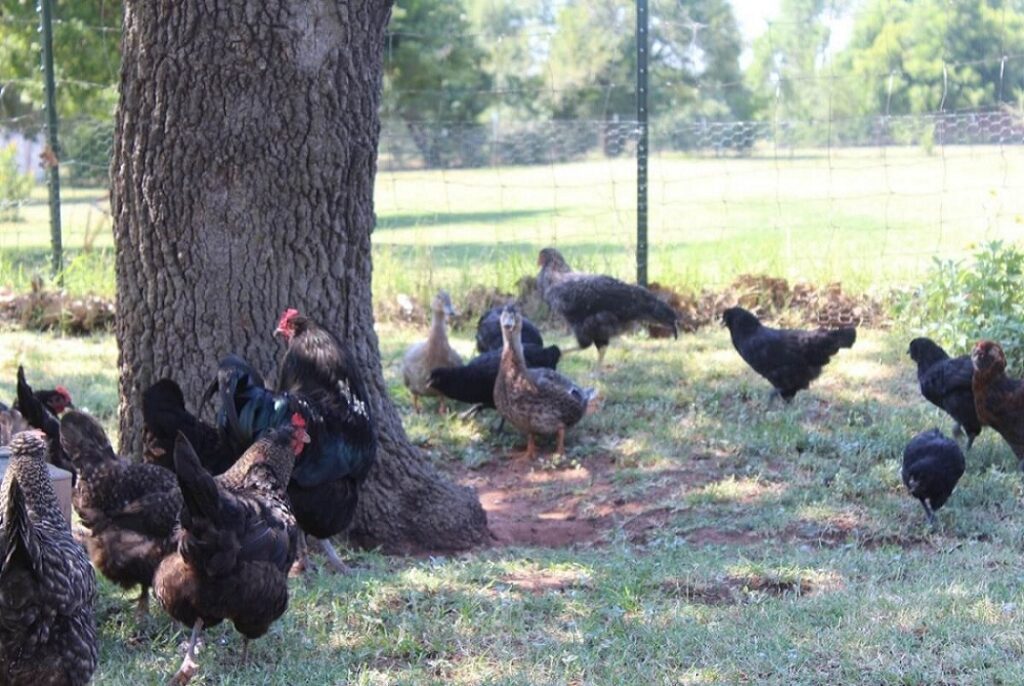
Not laying eggs in the nest
Your chicken might be laying eggs, but maybe not where she should. Once in a while, a hen will go rogue and start hiding eggs, laying them somewhere else, and building a secret nest.
Hens won’t use nest boxes if they don’t feel safe and comfortable in them. If your hen feels like her coop mates are bothering or rushing her, she may start laying eggs somewhere else. If the bedding in the nesting box is dirty or full of mites, the hens will look for a better place to lay their eggs.
What to do?
One of the first things you’ll need to do is find where her nest is hidden and take the eggs out. Make sure there are enough eggs for all the hens to stay in the nest box. One nest box for every four hens is a good rule of thumb. Every week or two, clean out old bedding and disinfect nest boxes to keep them clean and cozy.
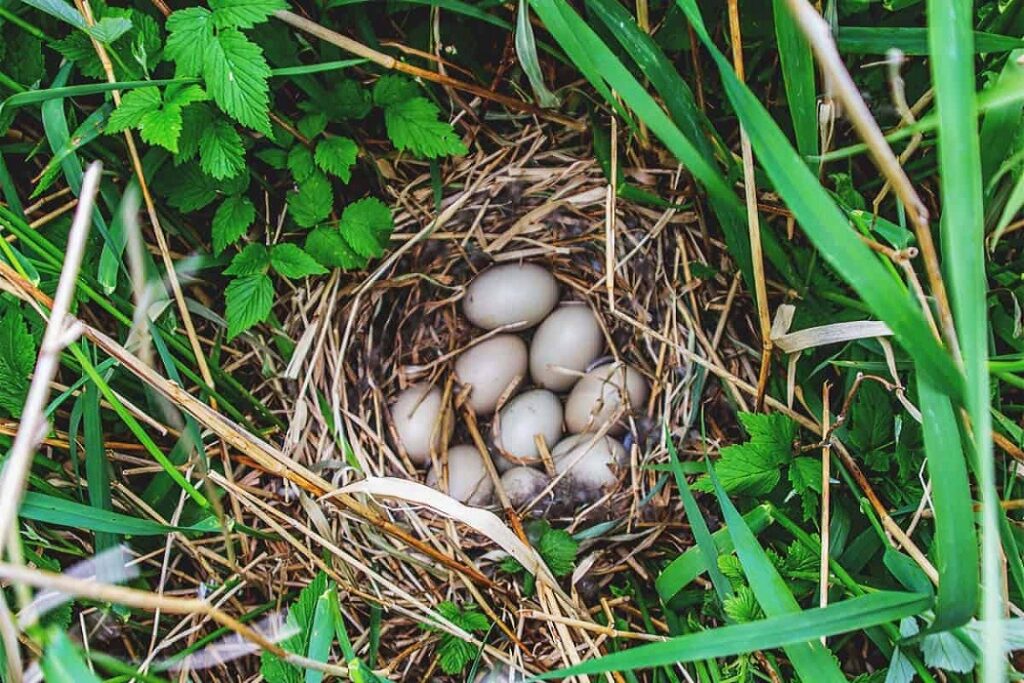
You Have a Broody Hen
The reason hens lay eggs is to make more chicks. From time to time, your hen may get broody and spend the whole day sitting in the nest and gathering eggs. When a hen wants to have babies, she won’t lay eggs.
Signs of a broody hen:
- You can always find her in the nest box.
- She will start to pluck out her breast feathers so that her skin can touch the eggs and keep them warm.
- She will get very possessive, hissing, “ticking,” clucking, and puffing up her feathers.
What to do?
If you don’t want to, you don’t have to do anything right away. Most of the time, moodiness goes away on its own. A hen getting “broody” doesn’t hurt anything. You can let your broody hen stay in the nest box until her feelings change.
But it can be a problem if your hen doesn’t leave the nest in 21 days, which is how long it takes for eggs to hatch if you don’t have a rooster or fertilized eggs.
Broody hens lose a lot of weight because they don’t eat or drink as much when they are sitting on a nest. Usually, this problem gets fixed itself when the chicks hatch. Hens that stay in the nest box for too long are also more likely to get mites, lice, and sick because they are confined for so long.
If you’re worried about how long your hen stays in the nest box, there are a few things you can do to get her to stop:
Remove her from the nest box and keep her busy.
Don’t let your broody hen sit on the eggs, collect them as soon as they are laid.
Put a frozen bottle of water in the nest box and cover it with nesting material (the cold will cool her core temperature, helping to end her broody streak). DO NOT put the bottle in without first covering it, because the cold can burn her sensitive skin if it touches it directly.
Take the sheets out of her nest box.
Once the other girls have laid eggs, lock everyone out of the coop for the day so they can get food and water outside.
Lastly, you can give her eggs that have been fertilized to hatch. Allow her to behave as nature intended if she is broody and you have the means.
If you are consistent, your hen should go back to being friendly in a few days. Try raising quail for a bird that doesn’t usually get pregnant.
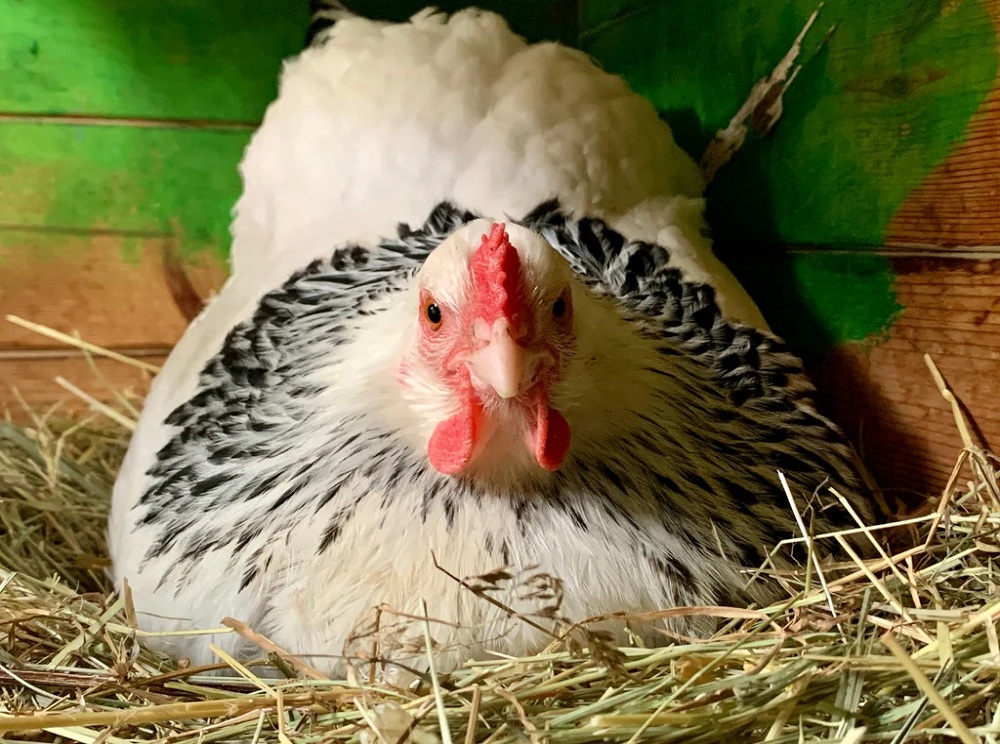
Old Age
Once a chicken is sexually mature, it usually lays eggs every day for about three years. Following that, you will notice an annual decrease in egg production, resulting in fewer eggs each year. It’s how nature planned it to be. Depending on how you take care of your flock, your hen may be going into retirement or the freezer.
What to do?
You can’t do much for a single hen, but you can plan your flock so that you always have hens of different ages. Adding a few new small raptors every year can help make up for the fact that the hens don’t lay eggs as often as they used to.
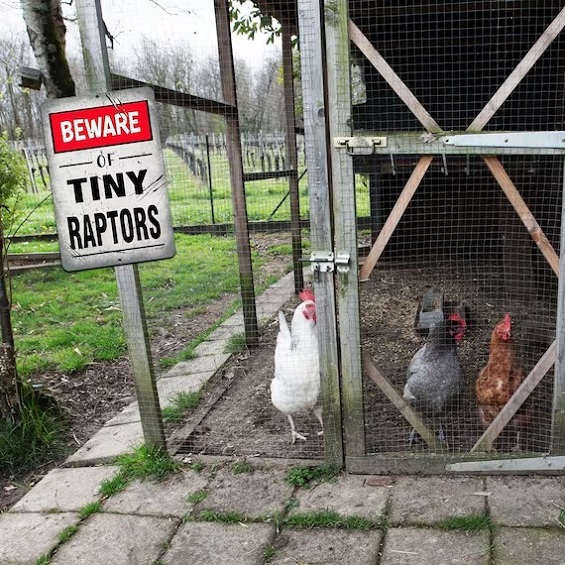
Illness
Your hen may also stop laying eggs for a while if she gets sick. One issue in particular can be serious. That’s what happens when a hen is stuck with an egg and can’t pass it. There are some things you can do to help, but if she doesn’t lay the egg within 24–48 hours, the bird is probably dead. It’s important to keep that in mind when you’re helping your chicken lay an egg on her own at home.
Don’t decide to call a vet at the last minute.
Other illnesses can also make hens stop laying eggs. Keep an eye out for hens that aren’t moving much, aren’t eating or drinking, have mucus coming out of their noses or eyes, or show other clear signs of illness. Make sure there are no plants nearby that chickens can’t eat. You might need to put your bird in a cage and get help from a vet.
